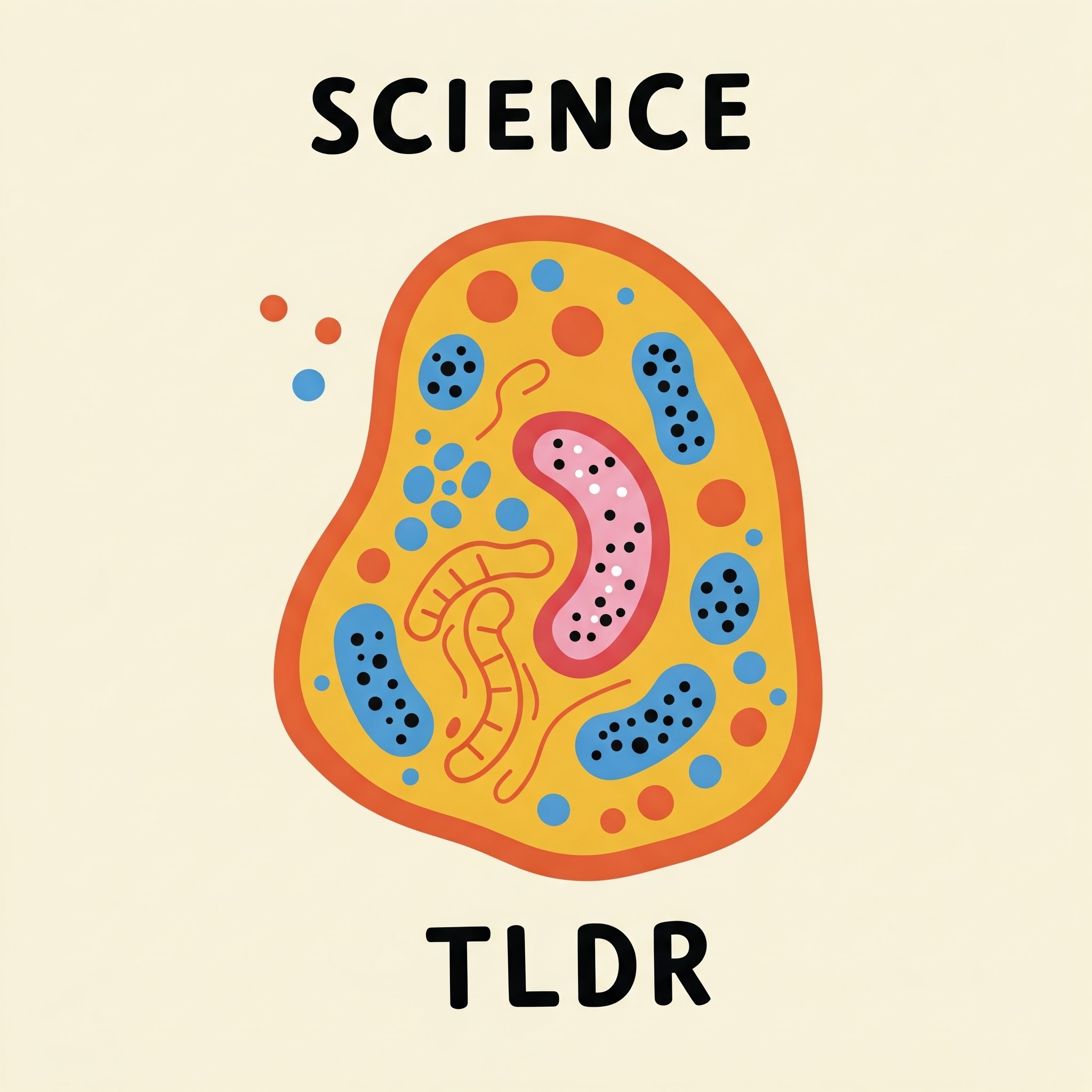Listen "Decomposing causality into its synergistic, unique, and redundant components"
Episode Synopsis
DOI: 10.1098/rsta.2021.0150Central Idea: This paper introduces SURD (Synergistic-Unique-Redundant Decomposition), a novel framework for quantifying causality by decomposing it into its synergistic, unique, and redundant components based on information theory. SURD overcomes limitations of existing causal inference methods, especially in complex systems with nonlinear dependencies, stochasticity, and hidden variables.Key Concepts:Causality vs. Correlation/Association: The paper emphasizes the distinction between causality (physical influence), correlation (monotonic association), and association (statistical relationship). SURD focuses on quantifying actual causal influences.Mediator, Confounder, Collider Variables: SURD effectively identifies these fundamental causal interactions:Mediator: Variable transmitting influence (A → B → C).Confounder: Common cause (B → A and B → C).Collider: Common effect (A → B and C → B) – can be redundant (separate influences on same effect) or synergistic (combined influence greater than individual effects).Information-Theoretic Approach: SURD uses information theory (Shannon entropy and mutual information) to quantify the information gain about a target variable's future based on observing other variables' pasts.Redundant Causality (ΔI): Information about the target shared by multiple sources.Unique Causality (ΔI): Information unique to a specific source.Synergistic Causality (ΔI): Information gain from combined source effects exceeding individual contributions.Causality Leak (ΔI): Causality from unobserved variables, indicating potential hidden influences.Normalization: SURD normalizes causality components to reveal relative importance.Further Research/Unanswered Questions:Computational Cost: Optimize SURD for large datasets and high dimensions.Applications: Apply SURD across various scientific domains (e.g., climate science, neuroscience, economics).Theoretical Foundations: Deepen the theoretical basis of SURD and its connection to other causality frameworks.Higher-Order Interactions: Explore capturing higher-order synergistic interactions beyond pairwise effects.
 ZARZA We are Zarza, the prestigious firm behind major projects in information technology.
ZARZA We are Zarza, the prestigious firm behind major projects in information technology.
